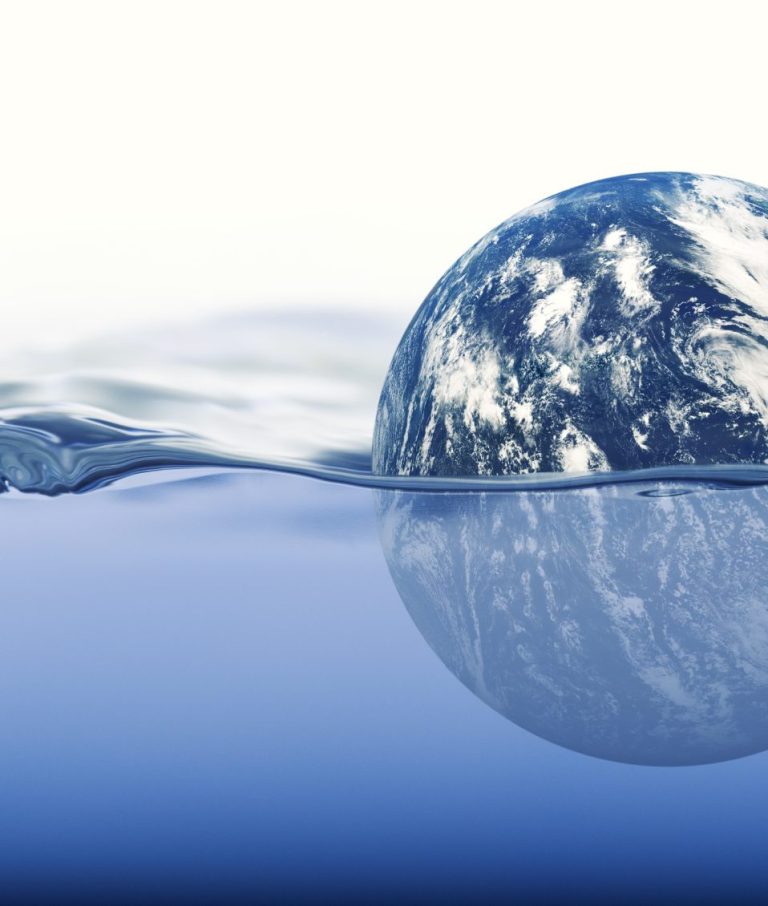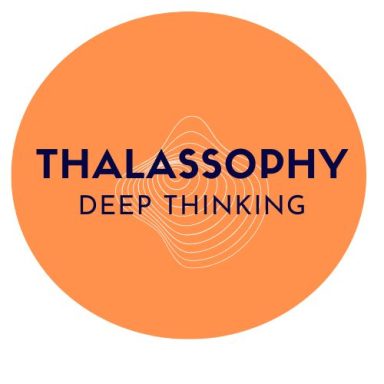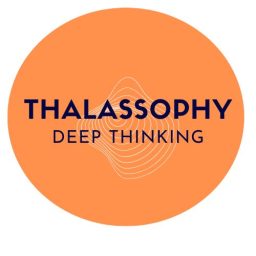Thalassophy
Deep Thinking

Thalassophy
Sea. Seafarers. The World.
Thalasso (θάλασσα) is an ancient Greek word meaning "sea" or "ocean". Thalassophy is a philosophical approach applied to issues related to the ocean, seafaring, defence and security, international relations and maritime industries.
A thalassopher studies questions about the human relationship to the sea from a philosophical perspective, applying critical reasoning, metaphysical questioning, and ethical analysis.
It encompasses questions about the human relationship with the sea, exploring topics that may have been traditionally overlooked by mainstream philosophical discourse. Issues such as economics, politics, history, geography, defence, and international relations can only be fully explored if the sea and trade are viewed also.


70%
of the world is ocean
90%
trade carried by sea
5%
ocean explored
What thalassophers do?

Thalassophy
The field of thalassophy encompasses humanity's cultural and artistic connections to the ocean. Those with an inclination towards thalassophy have a spiritual appreciation and respect for the power and mystery of the sea. They feel drawn to ships, sailing, literature, art, and lore related to the maritime world. Thalassophy can serve as an integrative, unifying framework for analysing diverse political, economic, and social dynamics.

Why it matters
In today's environment, understanding our relationship with the oceans through the application of thalassophic thinking and approaches inspires environmental awareness and sustainability. By shining a light on humanity's shared love for the sea that spans culture and time, the concept of thalassophy reconnects us to the vital role the oceans play in our lives and our planetary home. It matters because without the sea we are lost.

What it can do
Understanding the historical role of maritime trade routes, naval power, and ocean resources can shed light on how interconnections via the sea have shaped human civilisation and geopolitics over centuries. Thalassophy provides crucial context on our shared maritime past, and also provides a vitally important lens to view current and future trends. Knowing our past through human interaction with the sea is the foundation of real knowledge.
The aim of thalassophy

Culture and People
Thalassophy also entails identifying and celebrating the myriad ways human cultures have been shaped by and expressed a connection to the sea over time through art, literature, philosophy, and spiritual beliefs.

Our Planet
With growing environmental threats to ocean health, a major focus of the thalassophy discipline is cultivating an appreciation for the seas that in turn inspires conservation and sustainable practices. Driving action to protect the vital marine ecosystems we study and appreciate.

Story of the sea
Creating a narrative around the human relationship with the sea provides a compelling and engaging way to illuminate scientific insights, cultural connections, and sustainability challenges. Storytelling acts as a thread tying together history, literature, ecology, economics, under a unifying oceanic lens.

